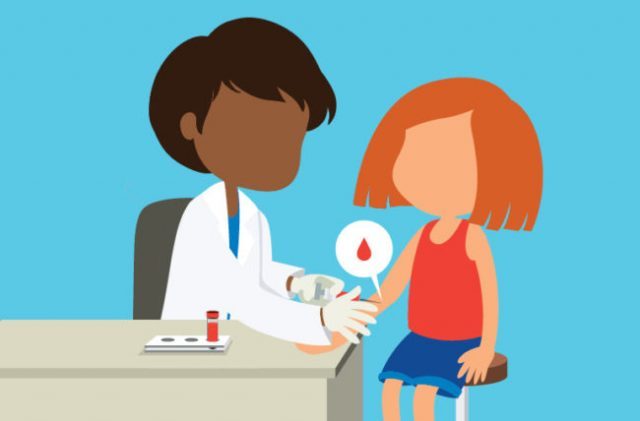News Desk |
Cholesterol has long been responsible for numerous cardiovascular problems in the older population. The rise of the corporate world along with the celebrated high-fat-intake of our culture has been the real change in our lifestyles, leading to several heart diseases. It has been established that high levels of low-density lipoprotein cholesterol (LDL-C) — colloquially known as “bad” cholesterol, are the real culprits here.
But a new study suggests that young people with elevated LDL-C levels, even if they are otherwise healthy, should take notice. This is because what may seem like a minor health issue during our youth, can lead to bigger problems later in life.
The study was intended to determine whether or not people who were considered to be at low risk for developing cardiovascular disease and coronary heart disease, could see some benefit from lowering their cholesterol levels before they lead to complications. The health progression of more than 36,000 participants, aged 42 on average, was examined over a period of 27 years. The results showed a 30% to 40% greater chance of premature death in low-risk individuals with high levels of LDL-C.
Read more: Strengthen your bones without consumption of dairy products!
What Causes High Cholesterol in Children and Teens?
Three main factors contribute to high cholesterol in children and teens:
- An unhealthy diet, especially one that is high in fats
- A family history of high cholesterol, especially when one or both parents have high cholesterol
- Obesity
Some diseases, such as diabetes, kidney disease, and certain thyroid diseases, can also cause high cholesterol in children and teens. Many young adults who are apparently healthy and do not have a weight problem may have a build-up of fat and cholesterol in the walls of their arteries – a condition called atherosclerosis – which puts them at a higher risk of developing heart disease and/or stroke later in life.
What Foods can Increase Cholesterol Levels?
Foods that are high in saturated fats and trans-fats may increase blood cholesterol levels. Saturated fats are found in animal products that we eat and drink such as milk, cheese, ice-cream, butter, fatty meats like bacon and sausage, poultry with skin and egg yolks.
It should be noted that no naturally existing food group is to be avoided, however, moderation is key. Trans-fats, which are artificially made by food manufacturers, can show up in foods such as french fries, chips, crackers, muffins, and cookies. We should check the nutrition facts labels on these packaged products to see if any amount of trans fat is listed and try to avoid making this food part of our daily routines. Avoiding foods with “hydrogenated and partially hydrogenated oils” listed on the ingredient list will also ensure that we are not eating any trans-fat.
Read more: Smoothies are your friend!
Substituting vegetables for meat, yogurt for ice cream, nuts and raisins for packaged potato chips and most importantly, side salads for part of our normal meal proportion can make a huge impact on our cholesterol levels in the long run. Families can incorporate these replacements in their meals every day to make it easier for children to adapt and prepare themselves mentally for a later healthy lifestyle.
The important thing to remember is, no amount of diets can make the difference in our bodies that a sustained change in our lifestyles can. One should stay extra careful when they are aware of their genetic predilection to conditions like obesity, cholesterol retention, heart diseases and diabetes in order to delay their bloom as much as possible. Prevention is better than cure!














